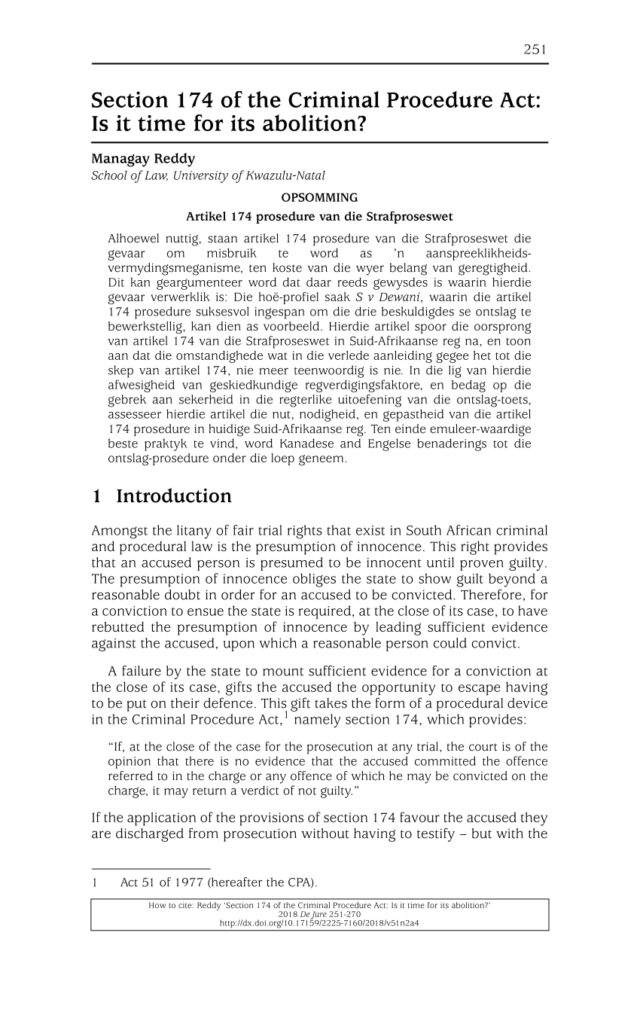
Phantom Tax: What Is It and How Does It Work?
Ever heard of phantom tax? If not, you’re in the right place! In this blog post, we’ll break down the mysterious concept of phantom tax, how it works, and why it’s important. Get ready to dive in!

What Is Phantom Tax?
Phantom tax refers to a situation where you have to pay tax on income that hasn’t actually been received in cash. Sounds tricky, right? This can happen in various scenarios like stock options, deferred compensation, or even forgiven debt.
Examples of Phantom Tax Scenarios
- Stock Options: You might be taxed for exercising stock options before selling the stocks.
- Deferred Compensation: If you defer income to a later time, you may still get taxed on it even if you haven’t received it yet.
- Forgiven Debt: Sometimes, debts are forgiven, but the IRS considers this as income and yes, you guessed it, you’ll get taxed on it.

Why Phantom Tax Matters
This tax is crucial for financial planning. Imagine setting aside some cash to pay taxes on income that never hit your bank account—it’s like paying for a movie you did not watch! Businesses and individuals alike need to understand phantom tax to manage their cash flow effectively.
Impact on Financial Planning and Budgeting
- It can distort income projections by taxing non-cash income.
- Businesses need to factor in these scenarios to manage cash flows and prevent liquidity problems.
Compliance and Reporting Requirements
- Improper reporting and payment of phantom tax can lead to legal consequences.
- Clear record-keeping and tax compliance are essential.
How to Manage Phantom Tax
Managing phantom tax can be a bit of a headache. But worry not, here are some tips to help you out:
Identify Potential Sources
- List all probable sources of phantom income in your life or business, like stock options and deferred wages.
Optimize and Plan
- Implement strategic income recognition. For example, plan for stock options vesting during periods of high liquidity.
- Optimize compensation structures to avoid phantom income scenarios, such as choosing fixed cash instead of stock options.
Consult Professionals
- Seek advice from tax professionals to develop tailored strategies that fit your unique situation.
For a more detailed guide on managing phantom tax, you can check out this Invoicera blog post.

Closing Thoughts
Understanding phantom tax is essential for anyone dealing with complex financial or tax scenarios. While it might seem daunting at first, proper planning and strategic management can make a world of difference.
Now it’s your turn! Have you ever encountered phantom tax? Share your experiences in the comments below!

Mason Caldwell is a financial expert and writer who specializes in topics related to taxation, personal finance, and economic analysis. With extensive experience in the financial industry, Mason has contributed to numerous financial publications, sharing insights that help individuals and businesses make smarter financial decisions. Known for his ability to simplify complex financial topics, Mason’s articles are both informative and accessible to a wide audience. When he’s not writing, Mason enjoys hiking, reading historical novels, and exploring new technologies in finance.






